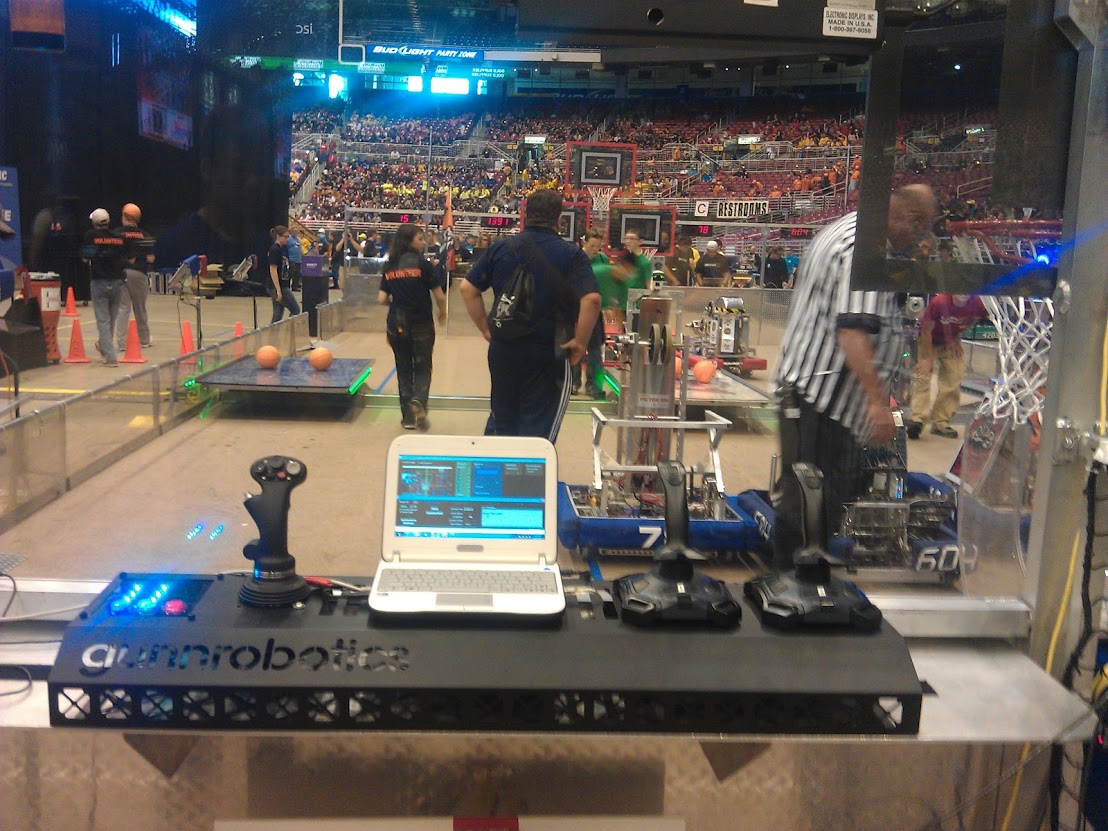
Render ( True ) #- # Update the program path to display the yellow path in RoboDK. ShowTargets ( False ) # Turn rendering ON before starting the simulation (automatic if we are done) RDK. # Right click the movement instruction and select "Select Target" to see the target in the tree program. MoveL ( ti ) # Hide the target items from the tree: it each movement still keeps its own target. setAsCartesianTarget () # Add the target as a Linear/Joint move in the new program prog. setPose ( pose_ref ) # force to use the target as a Cartesian target (default) ti. AddTarget ( 'Auto Target %i ' % ( i + 1 )) # use the reference pose and update the XYZ position pose_ref. Pose () # Iterate through a number of points for i in range ( len ( POINTS )): # add a new target ti = RDK. ShowInstructions ( False ) # Retrieve the current robot position: pose_ref = robot. AddProgram ( 'AutoProgram' ) # Hide program instructions (optional, but faster) prog. CloseRoboDK () # Example command line arguments: # -NEWINSTANCE: Forces using a new instance # -NOUI: Run RoboDK behind the scenes (without OpenGL context) # -SKIPINI: Skip using RoboDK's INI settings (global settings), this provides a faster startup # -EXIT_LAST_COM: Exit RoboDK when the last API client connected closes # -DEBUG: Run in debug mode (outputs information in the console) # Follow these steps to see an extended list of command line arguments: # 1- Select Tools-Run Script # 2- Select ShowCommands # More information here: # ItemList () for item in list_items : print ( item. setPose ( transl ( 100, 200, 300 ) * rotz ( pi / 2 )) # Retrieve all items and print their names (just a reference frame) list_items = RDK. It defaults to RoboDK’s default path (C:/RoboDK/bin/RoboDK.exe on Windows or /Applications/RoboDK.app/Contents/MacOS/RoboDK on Mac)įrom robolink import * # Connect to the RoboDK API RDK = Robolink ( args = ) # Add a reference frame RDK.

Robodk_path ( str) – RoboDK installation path. Arguments have no effect if RoboDK is already running.įor more information: RoboDK list of arguments on startup. Port ( int) – Port of the RoboDK API server (default=None, it will use the default value)Ĭommand line arguments to pass to RoboDK on startup (for example: ‘/NOSPLASH /NOSHOW’ should be passed as args= to not display RoboDK).

Robodk_ip ( str) – IP of the RoboDK API server (default=’localhost’) An item is an object in the robodk tree (it can be either a robot, an object, a tool, a frame, a program, …). Any interaction is made through “items” (Item() objects). The Robolink class is the link to to RoboDK and allows creating macros for Robodk, simulate applications and generate programs offline. Robolink ( robodk_ip = 'localhost', port = None, args =, robodk_path = None, close_std_out = False ) ¶


 0 kommentar(er)
0 kommentar(er)
